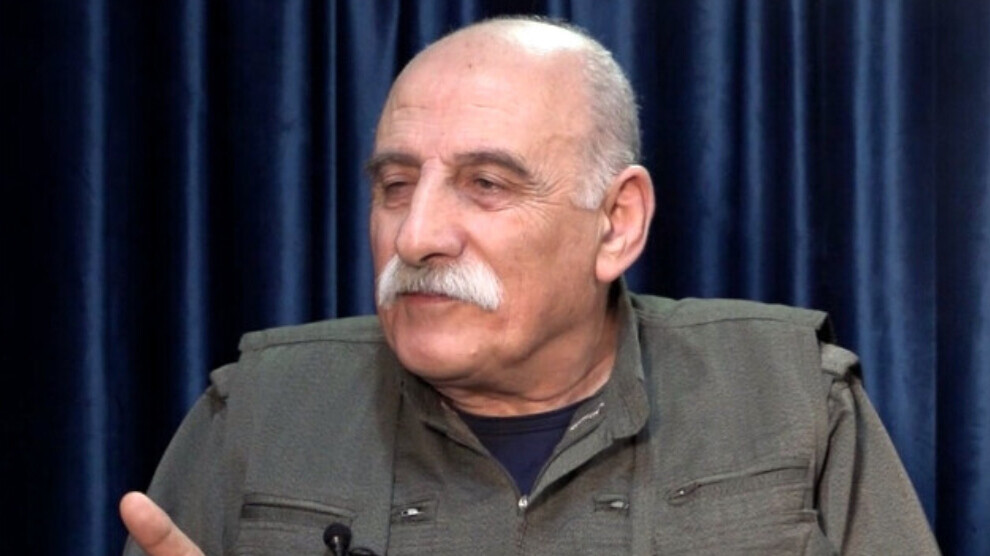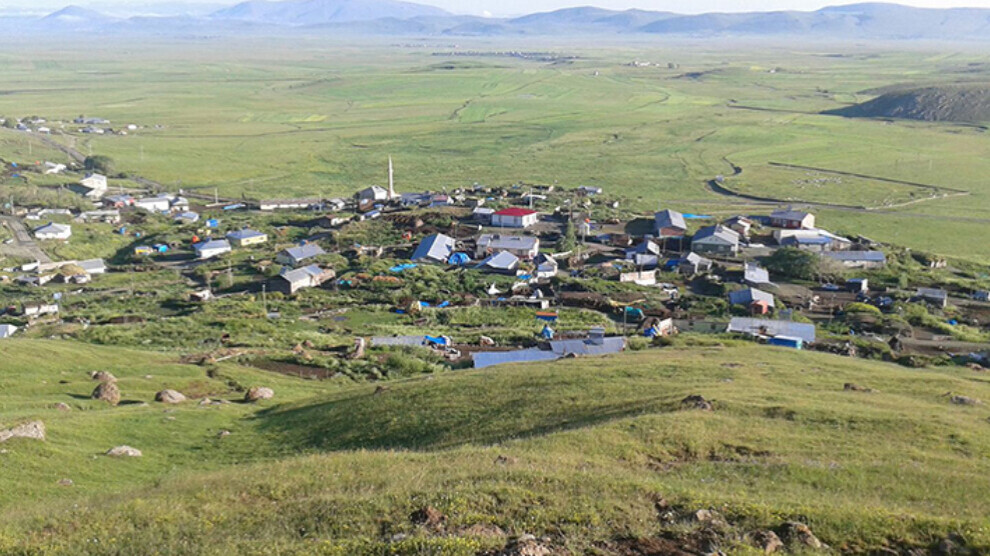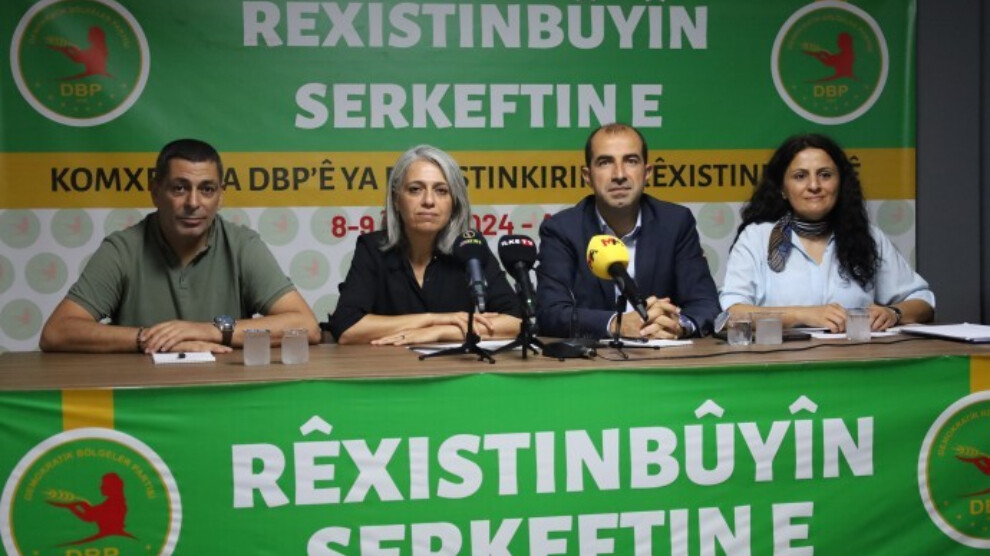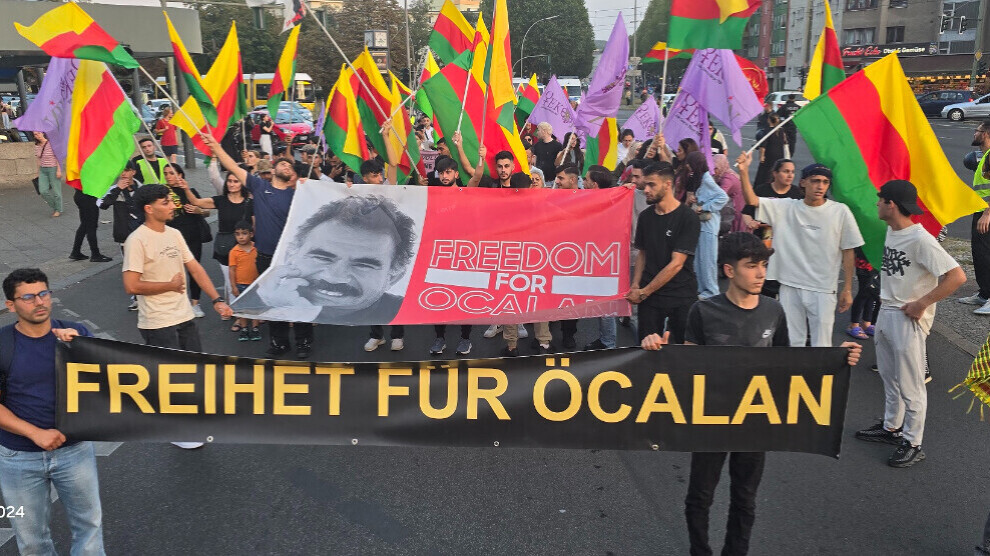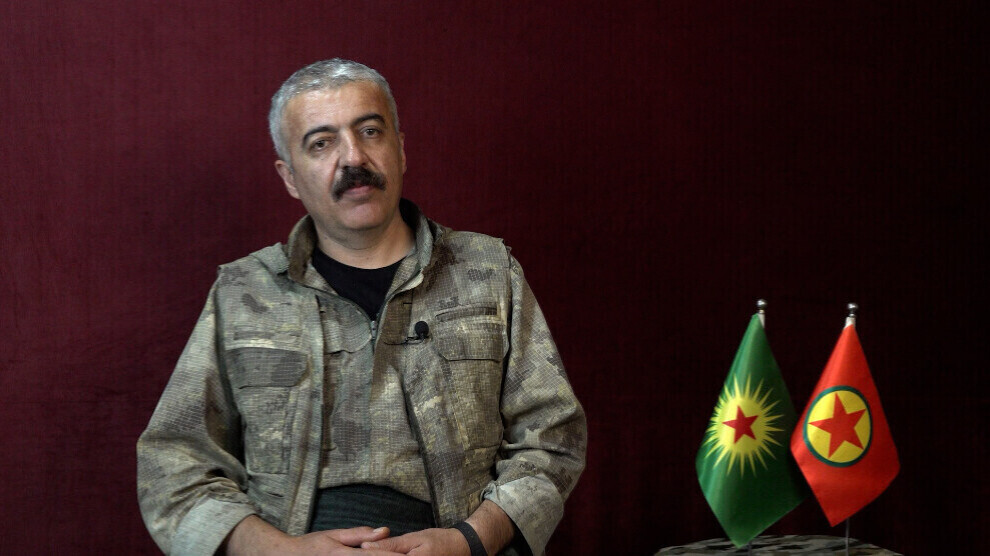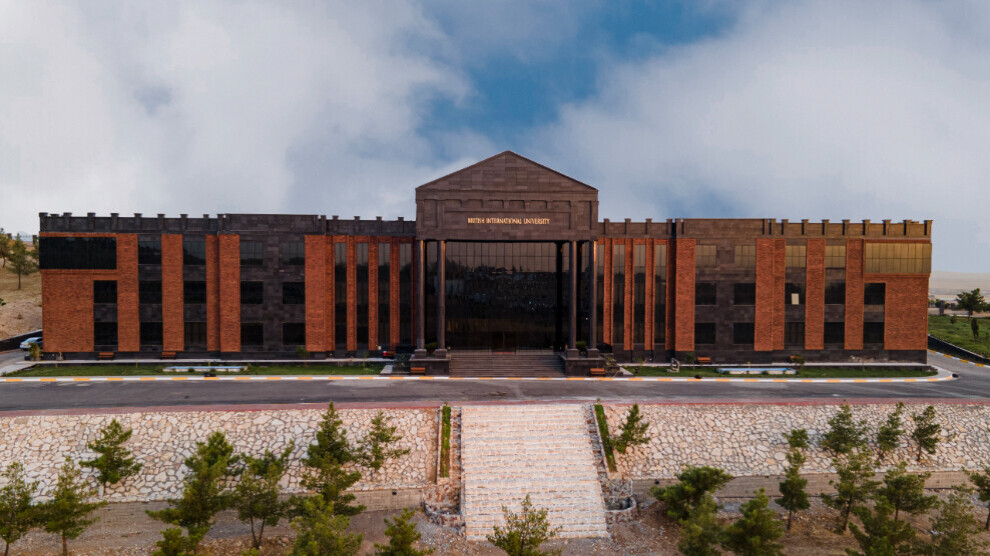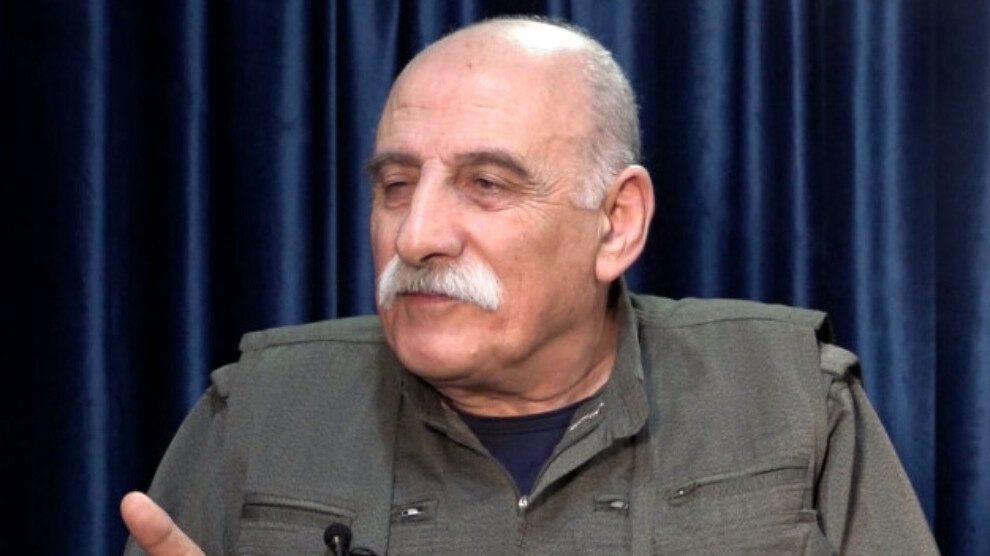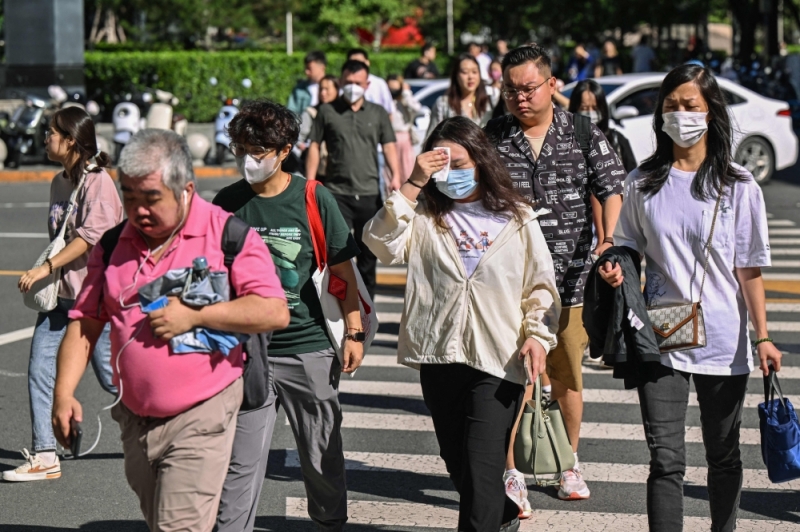Washington, D.C. – In a statement released by the U.S. State Department, officials defended their handling of the 2021 withdrawal from Afghanistan, responding to ongoing congressional scrutiny.
The department emphasized the “extraordinary efforts” of U.S. diplomats and military personnel during the evacuation, while criticizing what it described as a partisan approach from certain members of Congress in assessing the withdrawal.
The State Department underscored its commitment to cooperation with Congress, noting that it has provided around 20,000 pages of documents, conducted nine high-level briefings, and made 15 senior officials available for transcribed interviews. In addition, Secretary of State Antony Blinken has testified 14 times before the House and Senate on Afghanistan, including four sessions before the House Foreign Affairs Committee.
The statement acknowledged the tragic loss of 13 U.S. servicemembers during the Abbey Gate attack, calling them “heroes” and expressing deep sympathy for their families. The department also highlighted the difficulties in ending America’s longest war, noting the complex situation President Biden inherited, which included a flawed peace agreement with the Taliban reached by the previous administration. This agreement, according to the statement, compelled the release of 5,000 Taliban prisoners and significantly reduced U.S. troop presence in Afghanistan.
Criticism of the Doha agreement and the SIV backlog
The department pointed to the February 2020 Doha Agreement, signed under President Donald Trump, as a key factor that weakened the Afghan government and military, emboldening the Taliban. The agreement reduced U.S. troops to 2,500 and forced the Afghan government to release top Taliban commanders. “It was, and remains, a flawed agreement,” the department noted, arguing that it limited the Biden administration’s ability to negotiate an end to the war.
The statement also addressed the State Department’s efforts to revitalize the Special Immigrant Visa (SIV) program, which had been left “decimated” by the previous administration. Upon taking office, the Biden administration inherited a backlog of over 17,000 SIV applicants, and by August 2021, the State Department had significantly increased the pace of visa processing.
Defending the evacuation and ongoing support for Afghan allies
In defending the evacuation, the State Department described the final airlift as the largest in U.S. history, with approximately 120,000 Americans, Afghans, and third-country nationals evacuated. The department highlighted its unprecedented efforts to contact and evacuate Americans remaining in Afghanistan, making over 55,000 phone calls and sending 33,000 emails in just two weeks.
Following the U.S. military’s withdrawal, the department continued to facilitate the departure of nearly 500 additional American citizens by the end of 2021. The State Department also emphasized its commitment to resettling Afghan allies, noting that more than 80,000 Afghans have been welcomed to the U.S. under the SIV program since the end of the war.
Criticism of Congress’ ‘partisan’ review
The State Department expressed frustration with what it described as partisan statements from members of Congress, particularly those from the House Foreign Affairs Committee. The department accused congressional Republicans of cherry-picking facts and advancing political agendas that distort the truth about the withdrawal.
In particular, the department dismissed claims that it lacked a strategy for conducting a Noncombatant Evacuation Operation (NEO), explaining that the evacuation was extensively planned in coordination with the U.S. military and the National Security Council. The statement noted that preparations for a potential NEO began as early as April 2021, with multiple embassy exercises conducted to prepare for a range of scenarios.
While acknowledging that important questions remain about the withdrawal, the State Department reiterated its commitment to transparency. The statement concluded by expressing the department’s desire to work with Congress to implement lessons learned from the withdrawal, but it also warned against the politicization of U.S. policy on Afghanistan.
Addressing Afghanistan’s humanitarian and security concerns
The State Department reaffirmed its commitment to the people of Afghanistan, noting that the U.S. has provided more than $2.2 billion in humanitarian aid since August 2021. It also emphasized its efforts to press the Taliban to restore access to education and employment for women and girls, which have been severely restricted under the Taliban’s rule.
Finally, the department underscored the ongoing security challenges in Afghanistan, particularly the threat of terrorism. The statement reiterated that the U.S. government remains committed to ensuring that Afghanistan never again becomes a launching pad for terrorist activities and emphasized the whole-of-government approach being taken to address these concerns.
In closing, the State Department stressed its respect for Congress’s oversight role but warned against using the Afghanistan withdrawal for partisan gain. It urged members of Congress to focus on bipartisan solutions to strengthen U.S. national security and foreign policy in the wake of America’s longest war.
